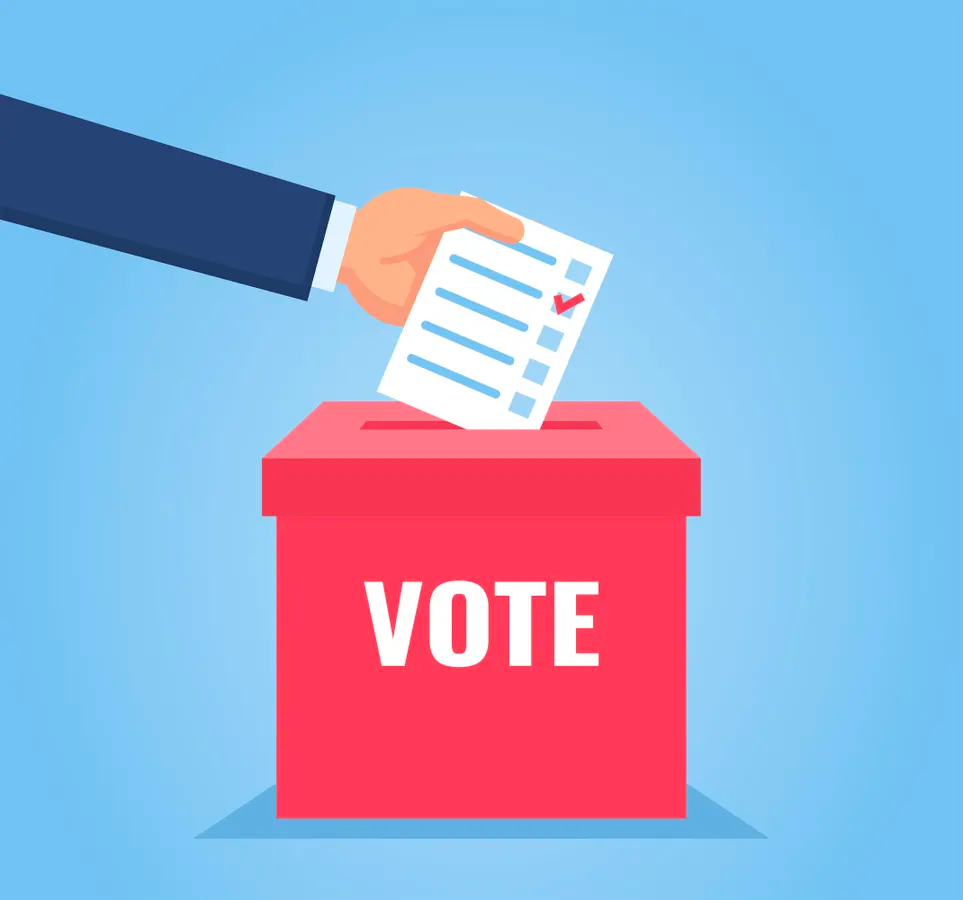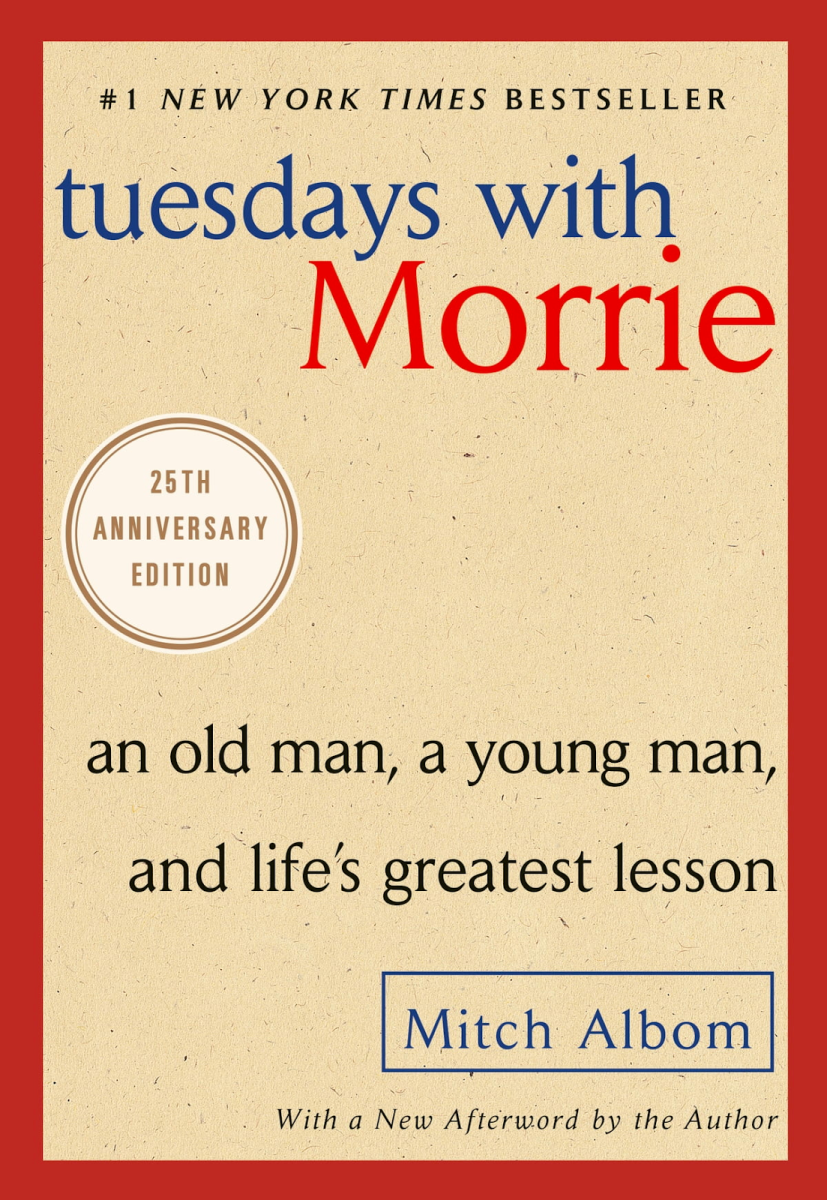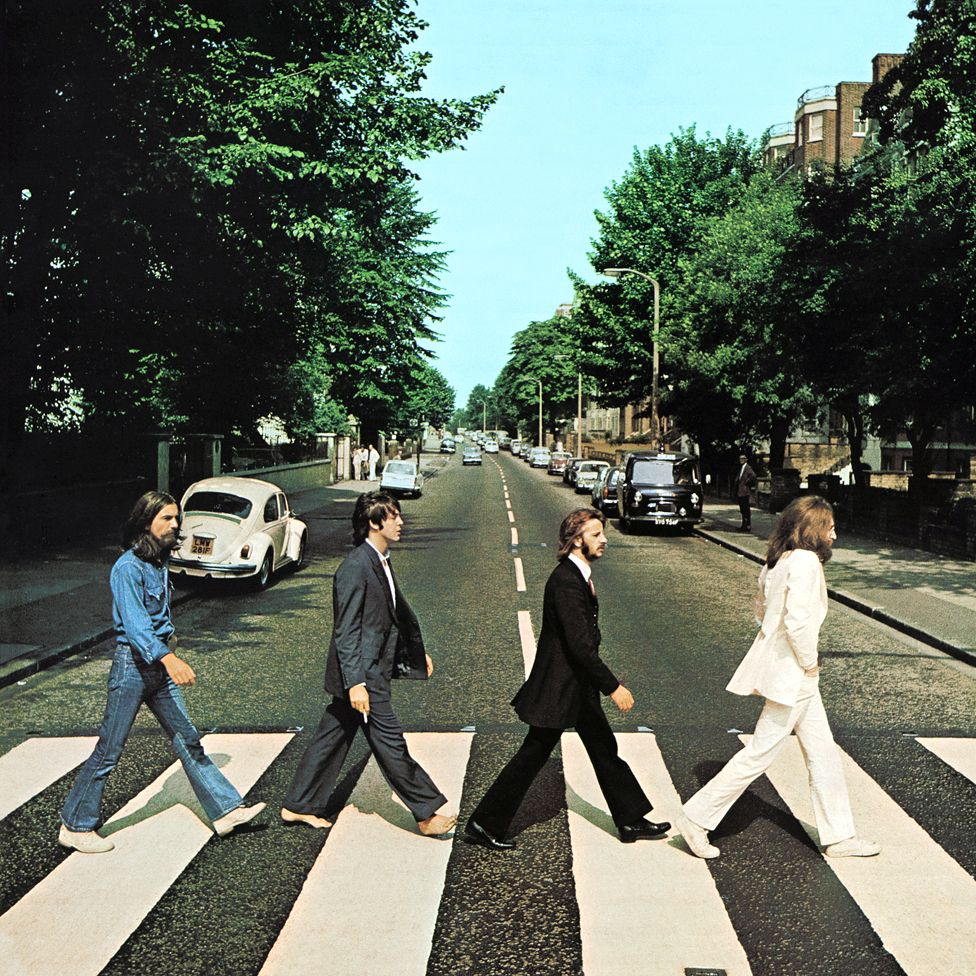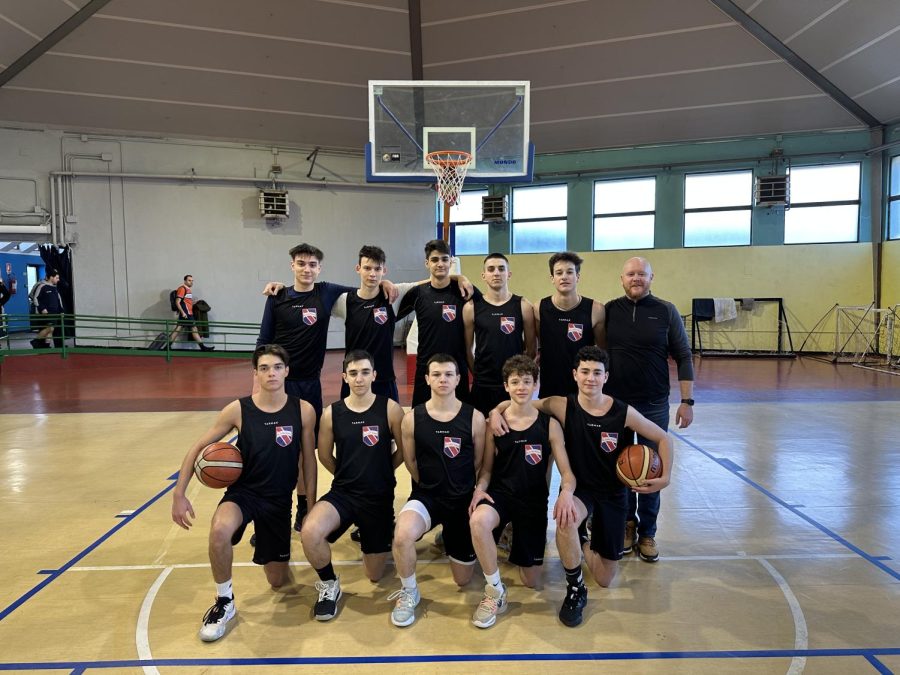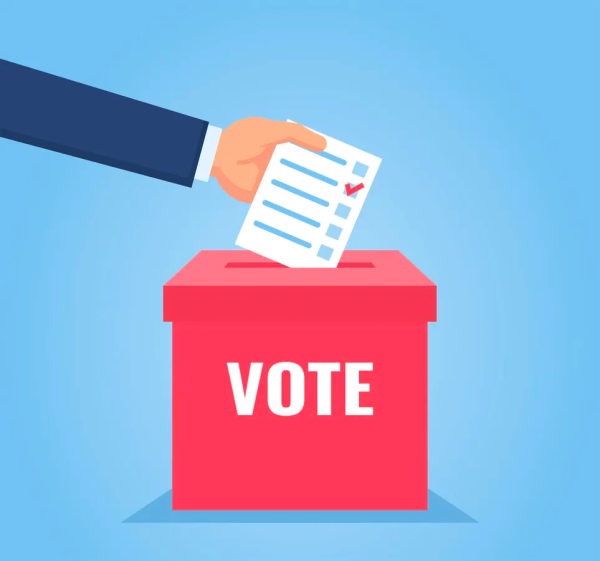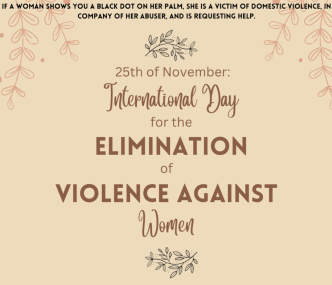No Means No, Or Does It?
Next year I will be (hopefully) attending university in England, a future that has always excited and motivated me. But now it has suddenly become scary.
We are passing the stigma and shame of sexual assault on to the victims that seem to be rising in number rather than decreasing.
The words we usually associate with university and college are knowledge, possibilities, fun, friends etc. Search “college” on a search engine and all too soon you’ll tumble across the words “rape”, “consent confusion”,“fraternity” etc. This issue has existed for a long time but high profile cases such as the Brock Turner rape scandal (2015) at Stanford University, who was given a ludicrous 6-month sentence, have caused debate.
The baffling bottom line and outcome of these debates is that young people at university could not accurately define sexual consent. The Washington Post-Kaiser Family Foundation poll found that at least 40 percent of current and recent college students said that any sexual action or even subtle gesture of agreement or at least not of disagreement established consent for more sexual activity. And at least 40 percent said it did not.
And this confusion has translated in ever growing numbers of sexual assaults and rape cases on college campuses. 11.2% of students (US undergraduates) will at some point in their college experience be victims of some sort of sexual assault.
Numbers are scary and the confusion around this is ever more. However, students assume that if something as horrible as rape or any variation of sexual assault were to occur to them at college, a place that advertises all too liberally “safety” as one of their key attributes, justice and punishment would be inescapable to their aggressors.
The Brock Turner rape ruling of 6 months has set a precedent for college related sexual assault cases. The average person convicted of rape (in the US) receives an 8 to 9 year sentence* (usually serving half of it). So how is it possible that the judge on this case, Aaron Pesky, deemed the undeniable rape of a young woman sufficiently punishable with 6 months in jail. Turner was released on parole after three months.
So a rapist gains only a few weeks more jail time than someone operating a vehicle with a suspended or revoked license? Or the same sentence as someone driving under the influence for the second time? Seems about right.
This ruling means victims of rape, men or women, will be scared and reluctant to come forward and report cases. Only 20% of victims in US colleges come forward. And now with this, victims of rape will not only be intimidated and too ashamed to report the crime but simply see it as being useless and futile.
We are passing the stigma and shame of sexual assault towards the victims that seem to be rising in number rather than disappearing.
Going to college, I have accepted all the risks life entails, especially without the benefit of parental supervision and protection. And I also know those risks, if ever to occur to me, would be strictly punishable by law, because they’re wrong. But are they? If a case of college sexual assault, regardless of “past exemplary behavior” and the “brilliant athletic background” of the offender is deemed punishable by 6 months in simple jail, what are we saying about what we perceive the offense of rape to be on the spectrum of crime?
Luckily there has been a lot of positive outrage towards the ruling. Judge Pesky’s career is hanging on a line, with a petition to have him permanently removed from the bench and protests and outrage on social media have made an example of this case.
In the UK, universities are beginning to offer sexual consent classes. Oxford and Cambridge and the university of Warwick being the first to begin this program, explained that these workshops “break taboos” and are “really important to initiate conversations around consent”. While students haven’t unanimously accepted this as a good thing, with some claiming that consent is obvious and that “if you need to be taught what is and what is not consent by the age of 18, a 90 minute seminar at the start of university is not going to fix that” and that “ because I, like most people, understand right from wrong.”**
Yet the statistics mentioned above don’t support this. In our own school, I interviewed 20 people and only 30% gave a close to right definition of consent. They’re not “bad” people but unfortunately our culture has created a frightening ambiguity around sexual consent that has blurred lines that should never be blurred.
There’s nothing wrong with educating college undergraduates on what consent is. People have criticised these initiatives saying that its common sense, and “what has our society gotten to”. The causes behind the rise in college related sexual assault cases are varied and require research of their own, but regardless of why, solutions need to be implemented.
In my opinion, to eradicate the “rape culture”, as a society we have to educate ourselves on what consent is, and at a higher judicial level, appropriately punish these crimes that almost unanimously don’t deserve leniency.
*Bureau of Justice Statistics
**Mail online, 2016

